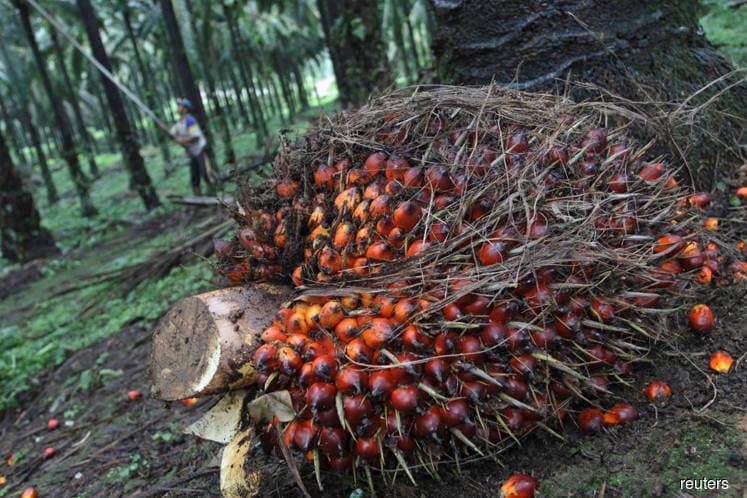
This article first appeared in The Edge Financial Daily on January 29, 2019
PUTRAJAYA: Malaysia will spearhead the sixth ministerial meeting of the Council of Palm Oil Producing Countries (CPOPC) in Jakarta at end-February, where discussions will focus on acceptance of and market accessibility for the palm oil industry.
Primary Industries Minister Teresa Kok said Malaysia, as CPOPC chairman this year, will lead the talks with members, specifically on trade policy issues affecting palm oil-producing countries, sustainable production, and activities to strengthen industry cooperation, including the development of smallholders.
“Through CPOPC’s efforts, we have successfully deferred the elevation of the Asean-European Union (EU) dialogue strategic partnership, originally scheduled for Jan 21.
“My main aim [for this year] would be to ensure CPOPC plays a pivotal role as the platform for palm oil-producing countries to strengthen collaboration and counter any discriminatory actions on the golden crop,” she told reporters here yesterday.
Referring to the EU’s move to cap palm oil use, Kok said through the council, palm oil- producing countries will “stand united to address the challenges and discriminations against its trade”.
This year, Colombia will be joining the CPOPC meet, an intergovernmental palm oil council established in November 2015 by the world’s two largest palm oil-producing countries — Indonesia and Malaysia.
Also present at the press conference was CPOPC adviser to the ministry, Tan Sri Yusof Basiron, formerly chief executive officer of the Malaysian Palm Oil Council, whom Kok said helped formed the council.
“Having this council will give this palm oil industry a greater voice to represent its interests, especially in the international trade arena, where market access for palm oil export is so critical. We need the market access.
“We need to also protect the interest of smallholders forming up to about 40% of the [global] palm oil production. They have to be safeguarded in terms of price to make sure they are remuneratively rewarded for their efforts in producing and exporting palm oil to help feed the world, so to speak,” Yusof said.
He added that CPOPC will work towards achieving “fair trade and fair access” for palm oil by trying to remove obstacles to trade and to address oversupply issues through the government’s push for the implementation of biodiesel mandates, and replanting programmes.
At yesterday’s close, the benchmark palm oil contract for April delivery was trading RM33 higher at RM2,327 a tonne, but still some 6% or RM165 per tonne lower than that a year ago.
‘Closer bilateral ties with China could improve uptake’
Meanwhile, Kok observed that palm oil buyers in China, Malaysia’s second-largest export destination by volume after India, turned to Indonesia due to competitive prices most of last year.
While she said the trading of palm oil is mostly on a business-to-business basis — instead of government to government — tighter bilateral ties between Malaysia and China would be beneficial.
“A closer relationship between Malaysia and China will definitely help. But I don’t see any big problems in the Malaysia-China relations at the moment. We value our relationship with China,” she said, adding that megaproject cancellations have nothing to do with her ministry.
Last year, China’s imports of Malaysian palm oil fell 3% to 1.86 million tonnes, from 1.92 million tonnes in 2017.